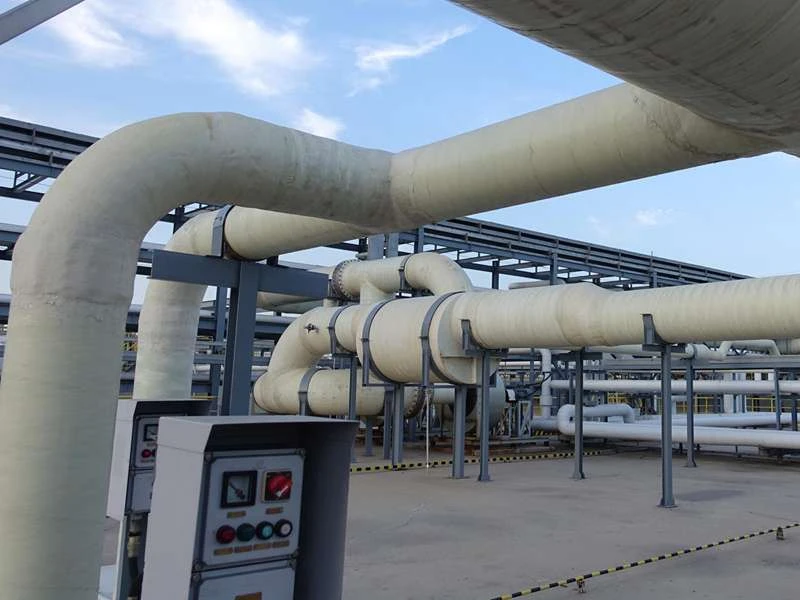
-
 Afrikaans
Afrikaans -
 Albanian
Albanian -
 Amharic
Amharic -
 Arabic
Arabic -
 Armenian
Armenian -
 Azerbaijani
Azerbaijani -
 Basque
Basque -
 Belarusian
Belarusian -
 Bengali
Bengali -
 Bosnian
Bosnian -
 Bulgarian
Bulgarian -
 Catalan
Catalan -
 Cebuano
Cebuano -
 China
China -
 China (Taiwan)
China (Taiwan) -
 Corsican
Corsican -
 Croatian
Croatian -
 Czech
Czech -
 Danish
Danish -
 Dutch
Dutch -
 English
English -
 Esperanto
Esperanto -
 Estonian
Estonian -
 Finnish
Finnish -
 French
French -
 Frisian
Frisian -
 Galician
Galician -
 Georgian
Georgian -
 German
German -
 Greek
Greek -
 Gujarati
Gujarati -
 Haitian Creole
Haitian Creole -
 hausa
hausa -
 hawaiian
hawaiian -
 Hebrew
Hebrew -
 Hindi
Hindi -
 Miao
Miao -
 Hungarian
Hungarian -
 Icelandic
Icelandic -
 igbo
igbo -
 Indonesian
Indonesian -
 irish
irish -
 Italian
Italian -
 Japanese
Japanese -
 Javanese
Javanese -
 Kannada
Kannada -
 kazakh
kazakh -
 Khmer
Khmer -
 Rwandese
Rwandese -
 Korean
Korean -
 Kurdish
Kurdish -
 Kyrgyz
Kyrgyz -
 Lao
Lao -
 Latin
Latin -
 Latvian
Latvian -
 Lithuanian
Lithuanian -
 Luxembourgish
Luxembourgish -
 Macedonian
Macedonian -
 Malgashi
Malgashi -
 Malay
Malay -
 Malayalam
Malayalam -
 Maltese
Maltese -
 Maori
Maori -
 Marathi
Marathi -
 Mongolian
Mongolian -
 Myanmar
Myanmar -
 Nepali
Nepali -
 Norwegian
Norwegian -
 Norwegian
Norwegian -
 Occitan
Occitan -
 Pashto
Pashto -
 Persian
Persian -
 Polish
Polish -
 Portuguese
Portuguese -
 Punjabi
Punjabi -
 Romanian
Romanian -
 Russian
Russian -
 Samoan
Samoan -
 Scottish Gaelic
Scottish Gaelic -
 Serbian
Serbian -
 Sesotho
Sesotho -
 Shona
Shona -
 Sindhi
Sindhi -
 Sinhala
Sinhala -
 Slovak
Slovak -
 Slovenian
Slovenian -
 Somali
Somali -
 Spanish
Spanish -
 Sundanese
Sundanese -
 Swahili
Swahili -
 Swedish
Swedish -
 Tagalog
Tagalog -
 Tajik
Tajik -
 Tamil
Tamil -
 Tatar
Tatar -
 Telugu
Telugu -
 Thai
Thai -
 Turkish
Turkish -
 Turkmen
Turkmen -
 Ukrainian
Ukrainian -
 Urdu
Urdu -
 Uighur
Uighur -
 Uzbek
Uzbek -
 Vietnamese
Vietnamese -
 Welsh
Welsh -
 Bantu
Bantu -
 Yiddish
Yiddish -
 Yoruba
Yoruba -
 Zulu
Zulu
FRP Pipes and Fittings Applications in Shipbuilding Industry and Marine Engineering
FRP Pipes and Fittings for Shipbuilding An Overview
Fiber Reinforced Polymer (FRP) pipes and fittings have become increasingly essential in the shipbuilding industry due to their superior properties and advantages over traditional materials
. With the growing need for lightweight, durable, and corrosion-resistant materials in marine applications, FRP has emerged as a leading choice for various piping systems onboard ships.One of the primary benefits of FRP pipes is their remarkable strength-to-weight ratio. Conventional materials such as steel and copper are significantly heavier, which can contribute to increased fuel consumption and reduced efficiency in ship operations. In contrast, FRP pipes are lightweight yet exhibit excellent mechanical strength, making them ideal for applications where weight reduction is crucial. This characteristic not only enhances the overall performance of vessels but also allows for easier handling and installation during the shipbuilding process.
Another significant advantage of FRP is its exceptional resistance to corrosion. In the marine environment, pipes are often exposed to saltwater, harsh chemicals, and various environmental factors that can lead to deteriorating materials. Traditional metal pipes are prone to rust and corrosion, requiring frequent maintenance and replacement. However, FRP pipes, made from a combination of fiberglass and resin, are inherently resistant to these corrosive effects, resulting in longer service life and reduced maintenance costs. This durability makes them suitable for various applications, including ballast systems, sewage disposal, and freshwater distribution.
frp pipes and fittings for ship building

FRP also offers significant flexibility in design and installation. These pipes can be manufactured in various sizes and shapes, allowing for customized solutions that meet specific operational requirements. Moreover, the lightweight nature of FRP simplifies transportation and installation, enabling shipbuilders to optimize their processes. The versatility of FRP fittings, which can be designed to accommodate different configurations and angles, further enhances the adaptability of these systems in intricate ship designs.
In addition to their functional advantages, FRP pipes and fittings contribute to environmental sustainability. The production of FRP materials generally involves less energy and generates fewer emissions compared to traditional materials. Furthermore, the longevity of FRP products reduces the frequency of replacements and waste, making them a more environmentally friendly choice for shipbuilding.
As the maritime industry continues to evolve, the demand for materials that enhance performance while adhering to environmental regulations is increasing. FRP pipes and fittings represent a modern solution that meets these criteria, supporting the industry's shift towards more sustainable practices.
In conclusion, the integration of FRP pipes and fittings in shipbuilding presents numerous advantages, including reduced weight, corrosion resistance, design flexibility, and environmental benefits. As shipbuilders seek innovative solutions to improve efficiency and sustainability, FRP is poised to play a pivotal role in the future of marine construction. With ongoing advancements in manufacturing techniques and material compositions, the potential for FRP in the shipbuilding industry will likely expand, further solidifying its position as a vital component in modern maritime applications.
Latest news
-
Exploring the Benefits of Top Hammer Drifter Rods for Enhanced Drilling PerformanceNewsJun.10,2025
-
High-Precision Fiberglass Winding Machine for GRP/FRP Pipe Production – Reliable & Efficient SolutionsNewsJun.10,2025
-
FRP Pipes & Fittings for Shipbuilding - Corrosion-Resistant & LightweightNewsJun.09,2025
-
Premium FRP Flooring Solutions Durable & Slip-ResistantNewsJun.09,2025
-
Premium Fiberglass Rectangular Tanks Durable & Lightweight SolutionNewsJun.09,2025
-
Tapered Drill String Design Guide Durable Performance & UsesNewsJun.09,2025









